I need to parse data from this url ( https://fierce-wildwood-95045.herokuapp.com/categoria ) in 4 different arrays, one containing the name, one containing the image url and other containing its description.
It should look like this:
nameArray = ['Iluminação','Acessibilidade','Segurança','Sinalização']
descriptionArray = ['Problemas com iluminação pública como postes com lâmpadas queimadas','Problemas na infraestrutura de acessibilidade como calçadas impróprias','Problemas de segurança como falta de policiamento','Problemas de sinalização como placas quebradas ou pichadas']
imageArray = ['https://s3-sa-east-1.amazonaws.com/pipow/categorias/icones/IluBT%403x.png','https://s3-sa-east-1.amazonaws.com/pipow/categorias/icones/AccessBT@3x.png','https://s3-sa-east-1.amazonaws.com/pipow/categorias/icones/SegBT@3x.png','https://s3-sa-east-1.amazonaws.com/pipow/categorias/icones/SinBT@3x.png']
